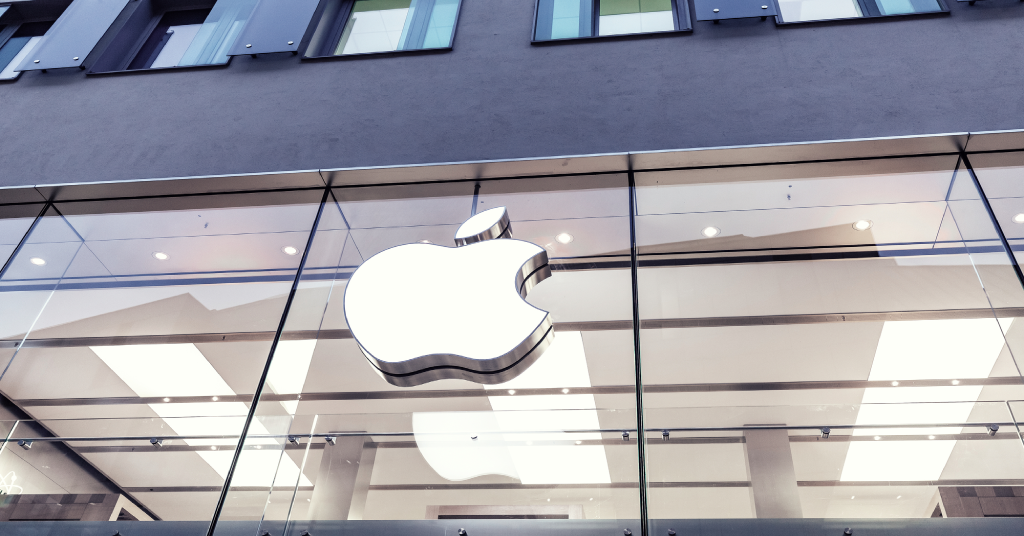
Apple Pay faces wrath of EU over alleged anti-competitive technology practices. Source: depositphotos.com
Tech giant Apple has been accused of abusing its dominant position in the mobile wallet market by the European Commission, which claims the technology used for contactless payments prevents fair competition with other providers.
Apple, which started off by creating computers and then moved into the mobile and tablet market, has become a key player in the global payments market. In the US, its mobile wallet, Apple Pay, has a 43% share of the market, and 500 million users signed up globally. In addition, up to 1 billion people use iPhones worldwide, with the market continuing to grow rapidly.
The mobile app is available on iPhones and iPads and allows payments both online and physically in shops. A technology known as tap and go comes as a standard on devices and will enable users to tap their device at a payment terminal to authorize a payment. Apple devices have what is known as a “closed ecosystem”, meaning access to the source code or back end is restricted.
This kind of technology is used widely, and consumers are increasingly demanding seamless ways to pay. This shows just how far payments have come over the last decade, and even two to three years, and how much further things are likely to go.
Cash payments and even regular debit and credit cards are becoming less desirable, a trend that is more popular with younger generations that have grown up with smartphones in hand and is likely to make some of us feel rather old. Technological ages aside, it is important to ensure accessibility to this tech for all consumers.
Problematic

Source: depositphotos.com
Due to the popularity of Apple and the demand for this kind of technology, the Commission considers these methods problematic.
A statement published on the Commission’s website states Apple has been informed of their view. It notes the Commission believes that Apple limited access to a technology used for contactless payments, otherwise known as “near-field communication”. This had a negative impact on other players in the field, as mobile app developers were de facto prevented from using it. The Commission maintains that Apple did not allow access to the hardware and software to others, rather keeping it just for Apple Pay.
Margrethe Vestager, competition chief at the Commission, was clear that the mobile payments sector is growing fast, and consumers should have access to a “competitive and innovative payments landscape.”
She continued that the Commission had received indications that Apple refused to grant access to the technology to other stakeholders in a deliberate bid to prevent rival products from emerging.
“We preliminarily found that Apple may have restricted competition to the benefit of its own solution Apple Pay.”
Vestager was clear that such behavior, if confirmed, is illegal under the bloc’s competition rules.
As of the end of 2021, the global payments market was worth an estimated $517 billion, having grown at a compound annual growth rate of 11%. This growth was driven forward by developing technologies, such as contactless payments, mobile wallets, and increased integration.
While companies like Apple might be keen to keep hold of their tech, doing so can harm them in other ways. While every company has a right to develop innovative technology, there needs to be a more level playing field which is something the EU is keen to enforce.
Whether other regions or countries such as the US and China, who have a big slice of the market, will follow suit, remains to be seen.
SEE ALSO:









